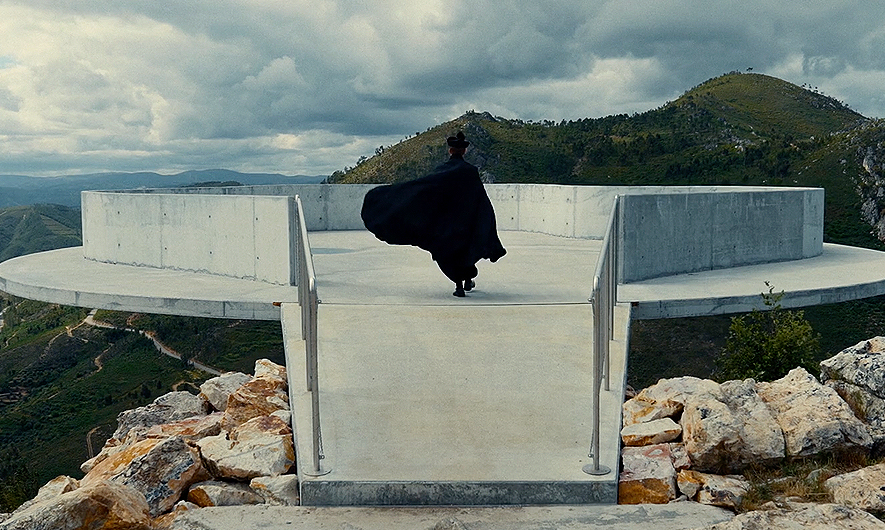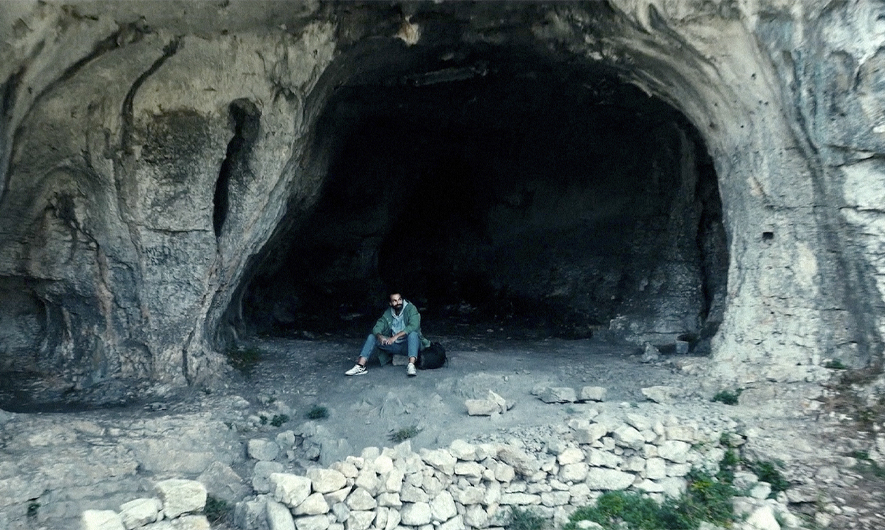He always had a “strong connection” to the arts, more precisely to painting, drawing and music, but the passion of Telmo Martins, CEO and Movie Director at Lobby Productions, was cinema. “From a more cinematic point of view,” he says. But did he always want to be a director? “It is not always a question of wanting, in fact, it is not a question of wanting, but of falling in love, and, like any passion, it arises when we least expect it”, he replies.
Even before this passion, there was another one, Physics, which took him to the University of Beira Interior to take the Electromechanical Engineering course and… to know the realization… The (passion) story between Telmo and the realization began in the second year of college, during participation in the worldwide Eco-Marathon Shell event, which aimed to build “a vehicle that would use as little fuel as possible in 100 km”, he explains. To enter the project in the contest, it was necessary to create a presentation film. And here something happened. In addition to this work having earned him “the award for Vehicle with Best Design in Brussels”, Telmo Martins speaks of a passion that scared him: “An absolute certainty that he was on the wrong course”. “I still tried to ignore, be rational, think, ‘Well, first I finish Engineering and then I study cinema’, but the passion was stronger than rationality and I ended up changing course and graduating in Multimedia Design and Cinema”, he explains.
He debuted in the making in 2002, even before finishing the course, in the “first film entirely in 3D animation produced and made in Portugal”, with the argument of friend Rui Zink. In 2004, the realization and production of the short film “Rupofobia” followed. “It was a film with a notable worldwide trajectory, it was shown in cinema as a complement to a feature film, it was edited by FNAC, purchased by Eurochannel, edited by Nisimasa and distributed in 15 countries with translation into five languages, was present in dozens of festivals all over the world and won several important national and international awards ”, he enumerates.
The completion of the academic training coincided with that of the “friends of‘ war ’”, who “became family” at Lobby Productions. “Since that day, in September 2006, we have produced more Portuguese cinema that has won worldwide”, he adds, referring to the first feature film he signed, “Um Funeral à Chuva” and the series “SAL”, for SIC, produced along with other advertising films for brands such as Toyota, Mercedes, TAP, Multiopticas, Grant’s, Freeport, Lexus, Super Bock, Sagres, Caixa Geral de Depósitos, Parmalat, Galp, Porto Editora, Licor Beirão, Bial, SIC, Sony and Portugal Telecom. But which brand would you like to shoot for? For anyone who is “available for new approaches, new ways of filming, new ways of telling stories”. “Although in Portugal and other countries the term ‘director’ is used, in fact the professional in this position is more of a ‘director’ of a team that aims to produce a film”, he defends.
In Telmo’s point of view, a director must be an “extremely sensitive person in relation to life, to others and to the environment in which he lives”, must be “knowledgeable in techniques transversal to all the departments of production of a film” and must still be an “excellent” human resources manager. And it is based on all these characteristics that he believes that the input that a director can give in an advertising spot “is transversal”. Thus, you can “define the dynamics of the film” – the time of the action, the specific times of each genre of film – so that you can build “the best possible emotional environment”; it can also “help to define the film artistically”, through the type of light, decoration, wardrobe, colors, framing, to “communicate the desired idea or feeling”; and it can also “help to redefine the text / dialogs” so that they work better in the intended context. Hence, assume that all the characteristics of a director become “tools in creative inputs”, giving direction, above all technical, to a film.
Filmmaking and advertising brought him different experiences. In cinema he learned to understand people, “to be attentive to feelings”, identifying, “in a clear way, the quasi-mathematical formula” of how human beings work. “In cinema, the director has great creative freedom, not to say practically total, it is his work, artistic, and it should be so”, he explains. On the other hand, in advertising “the objective of a director is not to create his work, following his vision, his way of seeing the world, but, rather, to be part of a gear composed of other pieces such as the agency, the creative team and the client, with the clear objective of communicating something very specific ”, he says. Here, it removes the ability to obtain positive results “quickly and effectively”. For Telmo Martins, it is “impossible to choose” between advertising and cinema. “When is there true love and passion, mother or wife? Impossible to choose ”.
But, after all, what motivates you the most to continue in this area? “The power to give life, to bring to the world places and characters that did not exist before thinking about them, to give them personality, to put speech in their mouths and feelings in their hearts”, he replies. “The possibility of telling stories, of making something immaterial in material, visible, immortal”, he adds. It is this ability to create worlds and characters that, from the perspective of Lob’s CEO










